On the morning of May 31, at Saigon College of Tourism (HCMC), poet - researcher Le Minh Quoc "enlivened" an attractive and interesting talk about Vietnamese Culture seen from the Vietnamese language, from the perspective of a poet. Here, he shared and explained many idioms, proverbs, and famous sayings that not everyone knows and understands.

Mr. Phan Buu Toan - Vice Principal of Saigon College of Tourism said: "Currently, writing and understanding Vietnamese among students is mainly thanks to the... help of Google and online platforms."
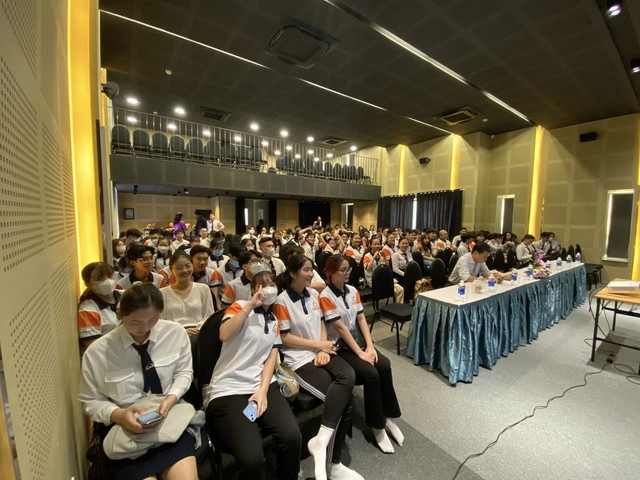
Scene of the exchange with poet Le Minh Quoc

The students sent many difficult questions to the poet.
In his introductory speech, Mr. Phan Buu Toan - Vice Principal of Saigon College of Tourism said: "Currently, writing and understanding Vietnamese among students mostly depends on the... help of Google and online platforms. Therefore, many words understood in a programming style will affect the perception and knowledge of young people, so talks like Vietnamese Culture seen from Vietnamese are really useful."
According to researcher Le Minh Quoc, "Our Vietnamese language is extremely rich, very rich and beautiful. For the same thing or event, Vietnamese people in each period have different ways of speaking, expressing, and using words. There are also words that gradually fade into oblivion over time because over the years no one uses them anymore - what remains are folk songs, proverbs, and idioms. For example, the idiom has the saying: "Bê no ma dem" (break no ma dem) - how do we understand it correctly? The change also causes each place to have a different interpretation of the word, or deviate to a different version: 'Vênh vôo như ba cầu trẻ' or 'Vênh vôo như cha vô phai đánh', ' Làm cách Sành trùng' or ' Làm khach Sành trùng'...".
The poet said: "From the way we speak, it is easy to recognize the ambiguous nature of Vietnamese people, that is, that saying, but depending on the perspective, we understand it, we feel it is reasonable and... unreasonable. Or a problem but at this time, at that time: "Your child is not as good as a cow", "Your child is like a biological child". Or sometimes: "A drop of blood is thicker than a pond of water", and sometimes: "Sell distant brothers to buy close neighbors". Very complicated!"...
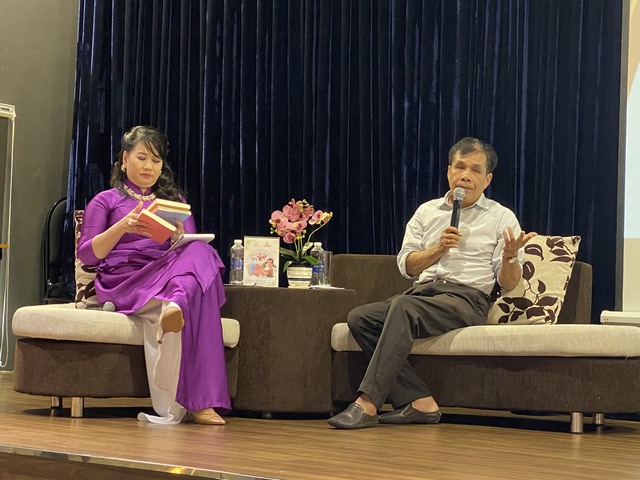
Poet Le Minh Quoc passionately talks about the Vietnamese language

The students still seem to be unsatisfied.
Therefore, in his book series Vietnamese Culture seen from Vietnamese (published by Ho Chi Minh City General Publishing House), poet Le Minh Quoc explains those questions from the perspective of a person who loves words, loves Vietnamese language and is a small student of two "tall trees with big shadows" - Professor Hoang Nhu Mai and Professor Le Dinh Ky.
"If you read my book carefully, you will see that the content of the book revolves around the word 'eat': Zigzag, undulating, witty - about eating, studying, and living; Play on words, Sour, Punishable words - about eating, drinking, and having fun; Slender, agile, and tricky tongue - about talking and laughing, of course it is relatively impossible to separate them clearly. Talking about the profound semantics of Vietnamese, I remember even more my two great teachers who have passed away, People's Teacher - Professor Hoang Nhu Mai and People's Teacher - Professor Le Dinh Ky", poet Le Minh Quoc sadly said.
Surely everyone knows that Professor Hoang Nhu Mai and People's Teacher Le Dinh Ky are two of the best literature teachers at university level in our country for more than half a century. Each lecture of the two teachers not only attracts students majoring in literature but also many students majoring in philosophy, history, geography, etc.
Those days, poet Le Minh Quoc had just returned from the army, entered the vast lecture hall of the Faculty of Literature (Ho Chi Minh City University of Science), looked at the two teachers from afar and was... terrified, not daring to think that in the future he would dare to follow the path of the two teachers.
Discussing the place name Tac Cau in the folk song: "The Cai Thia canal flows to Tac Cau. The starling crosses the river and perches... on the porch. In April, you wear a lilac shirt. Passing by my house, you tilt your hat, pretending to accidentally drop a purple flower petal..." or the unique place name of Vietnam, Thieng Lieng (Can Gio), researcher Le Minh Quoc analyzed: "Abbreviation: The canal crosses two large rivers, making it easy to travel between the two places (Bui Thanh Kien - Southern Dialects - Writers' Association Publishing House 2015, page 1298). The matter is so clear, but nowadays people still write Tac Cau. Likewise, the place name Thieng Lieng from its original origin was intended to refer to a land with many 'low wormwood trees' as explained in Dai Nam Quoc Am Tu Vi . If it was correct, it should have been written as Thien Lieng, but suddenly the letter g was added, and it became... correct".

The more he studies and explores Vietnamese, the more interested poet Le Minh Quoc becomes.
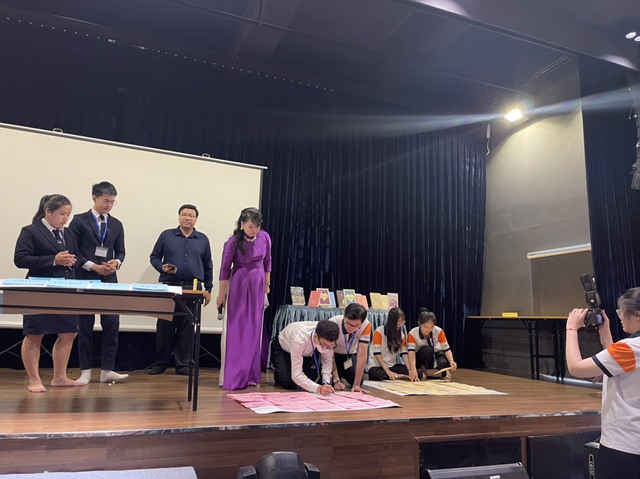
Students play Scrabble games
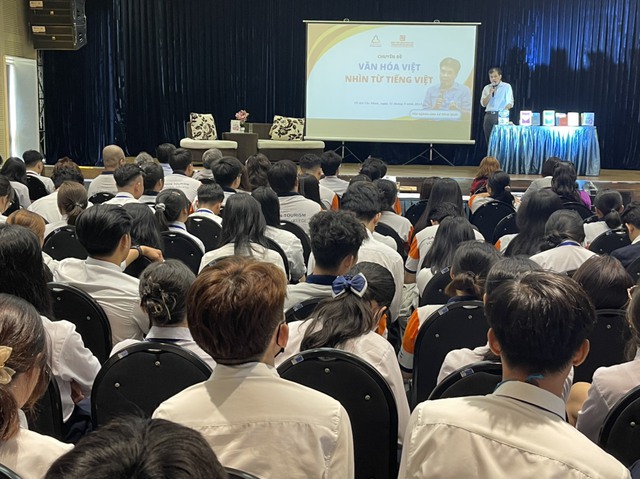
The meeting lasted for 3 hours but everyone was still engrossed in it.
The more he studied and discovered Vietnamese, the more interested poet Le Minh Quoc became. He was absorbed and absorbed in each page he wrote, and every time he finished a new book, he felt at peace and light when all the ideas and thoughts in his head had taken shape and were successfully conveyed to the readers.
"I hope that through today's talk on Vietnamese Culture seen from the Vietnamese language, There will be many young people who love their own language more and follow the path that Professor Hoang Nhu Mai and People's Teacher Le Dinh Ky and I have gone through. I hope that young people will continue to research so that we can join hands to enrich and diversify the Vietnamese language," researcher - poet Le Minh Quoc said.
Source link


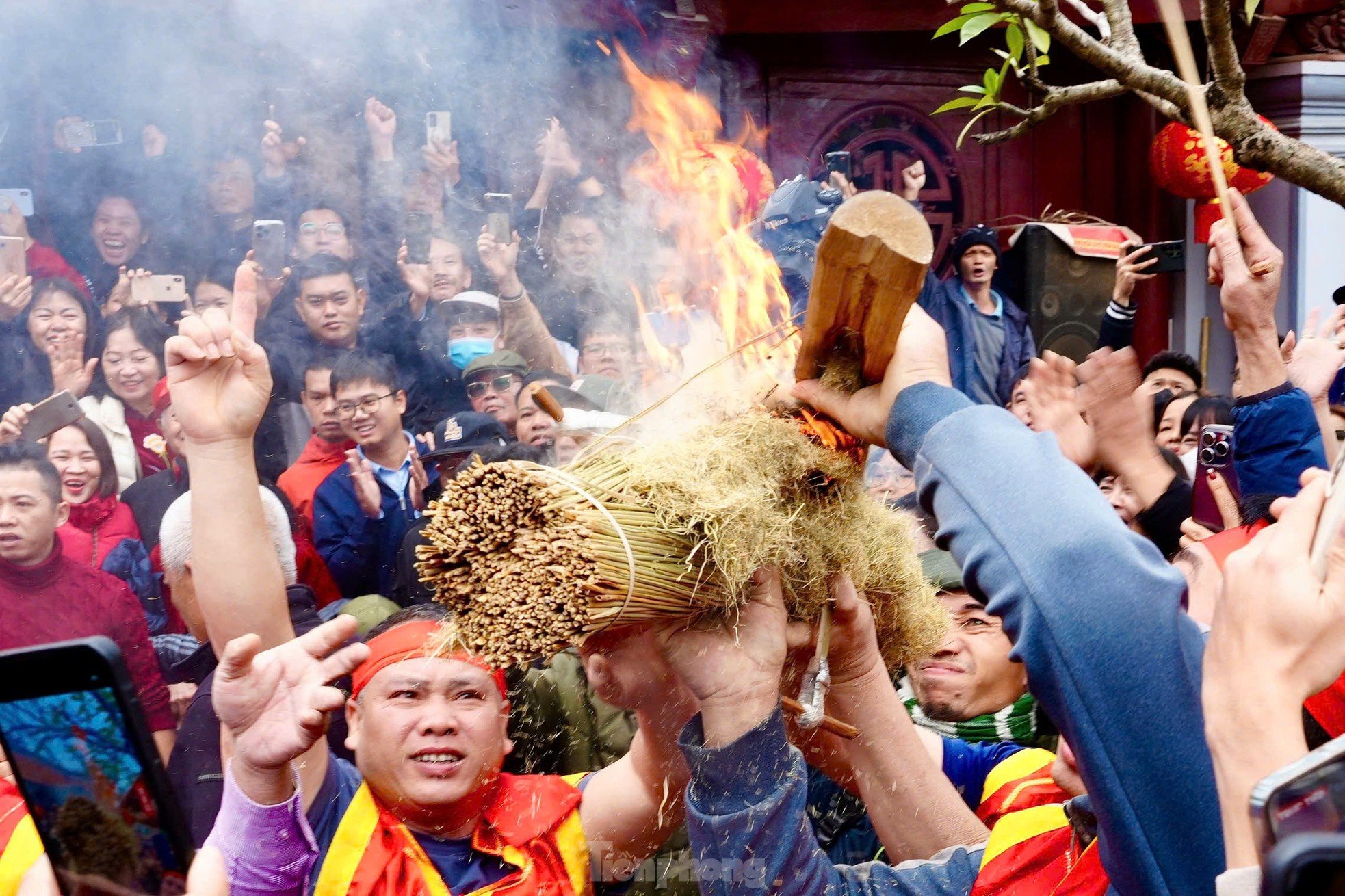
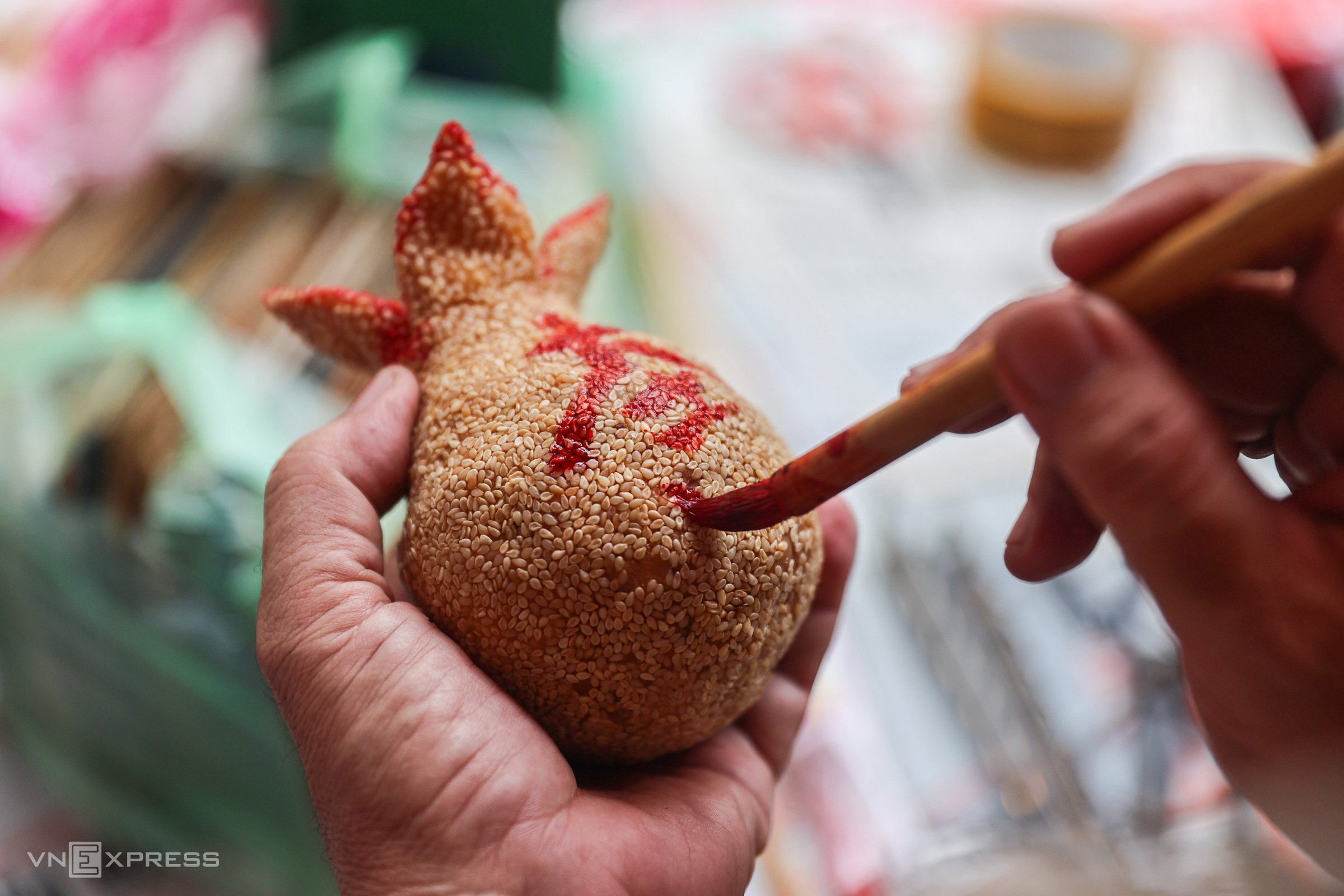

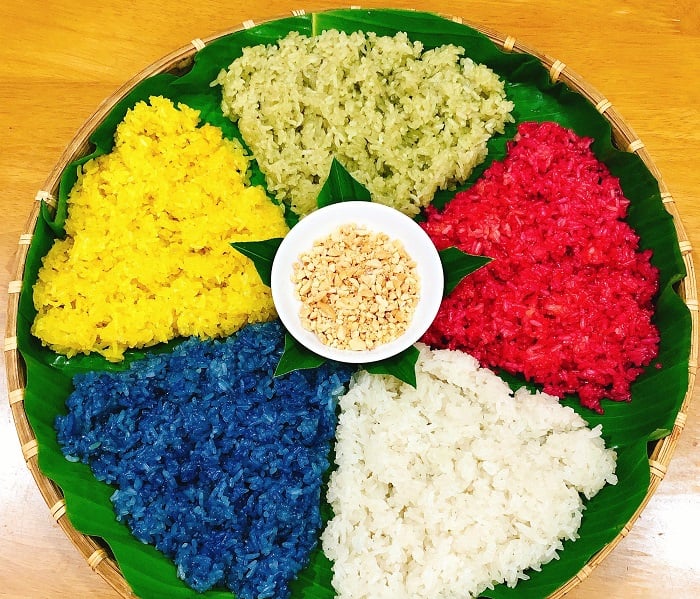

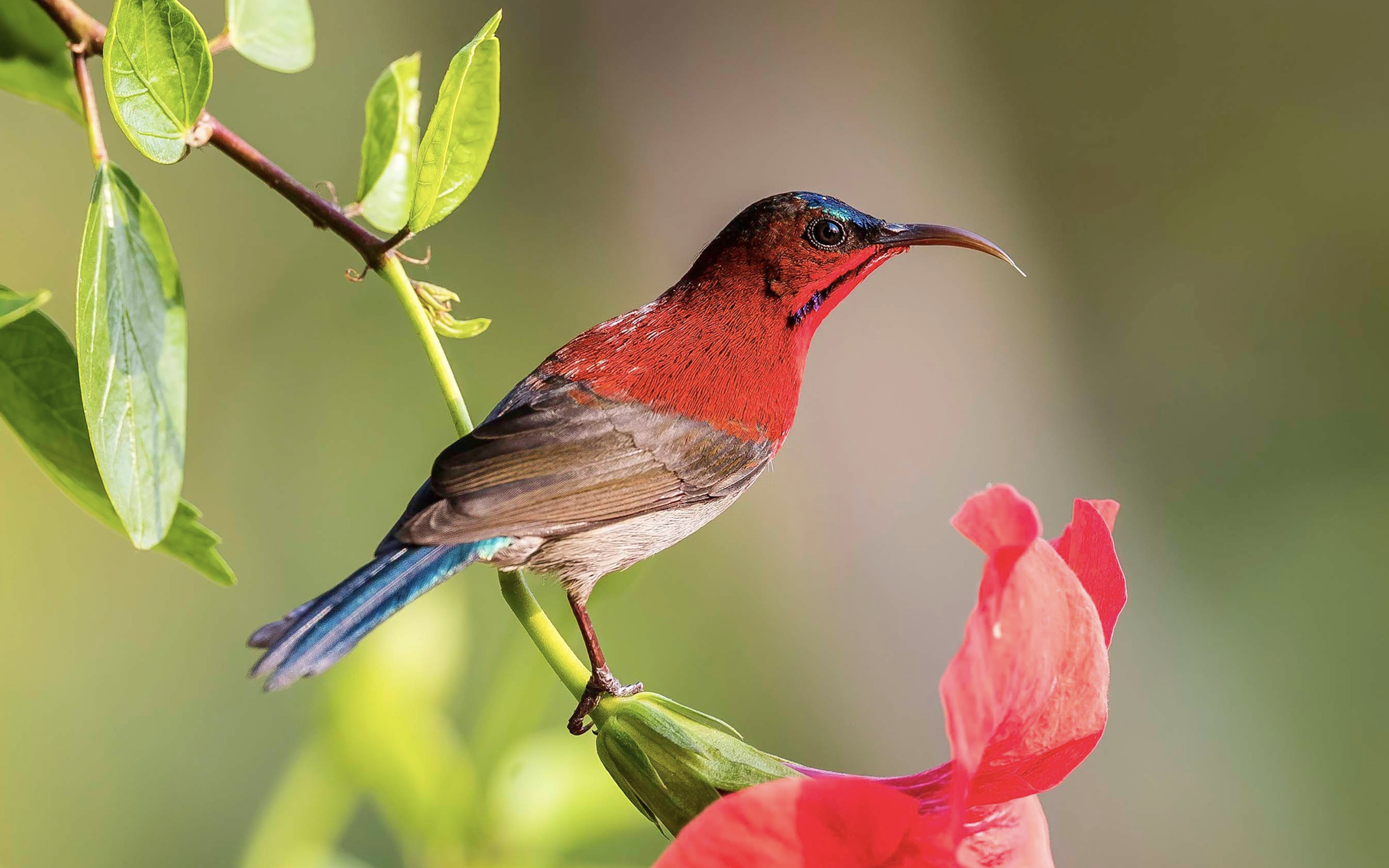






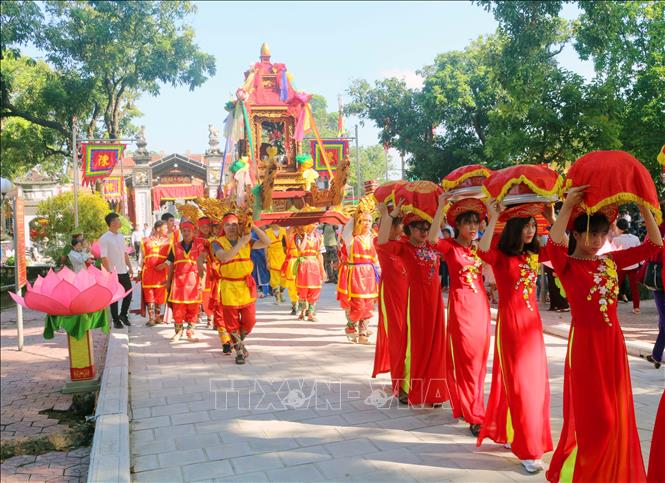
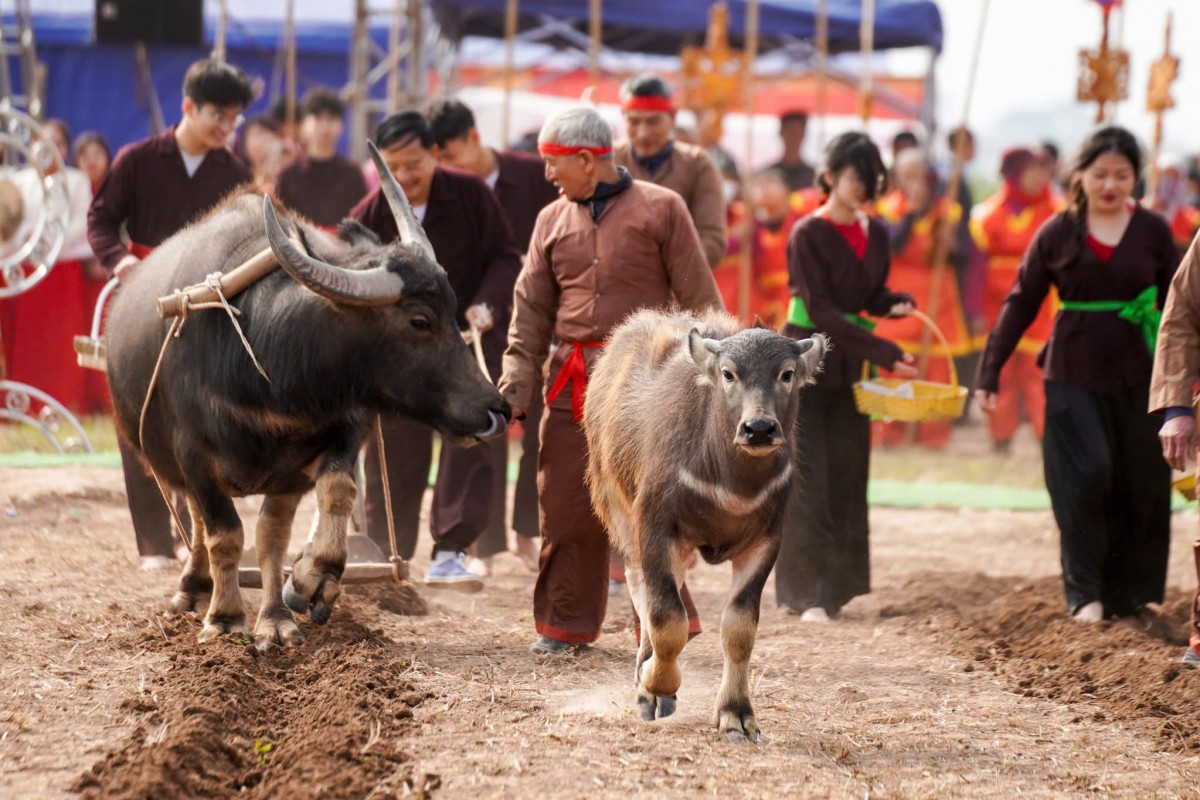



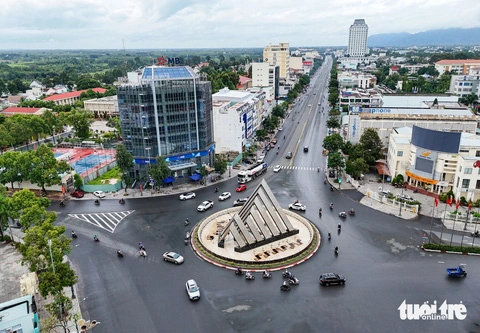

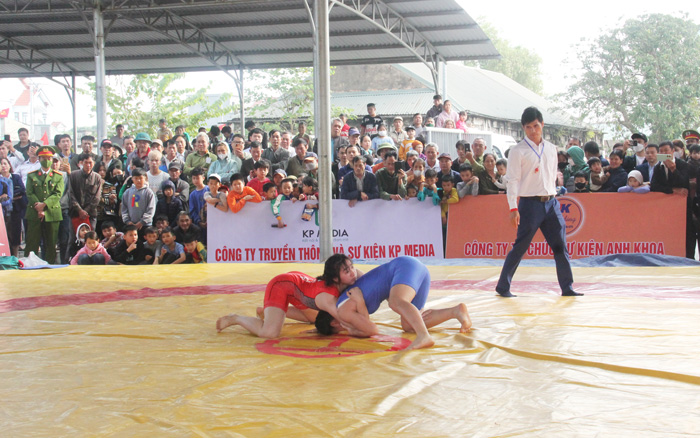








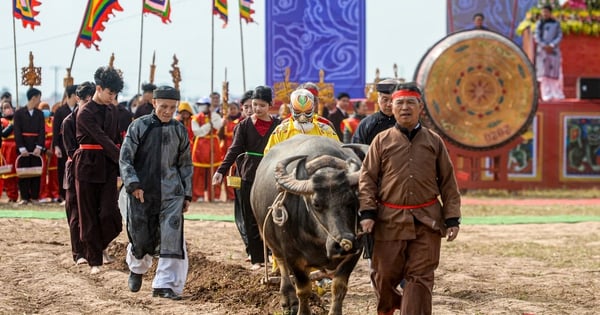

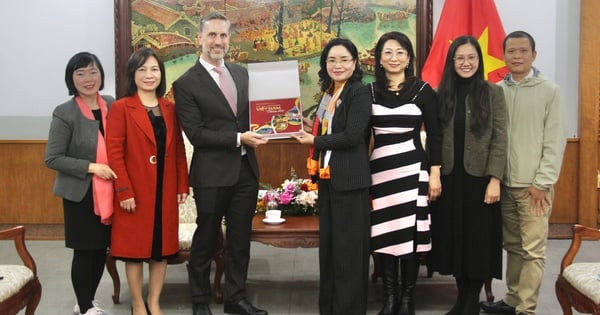






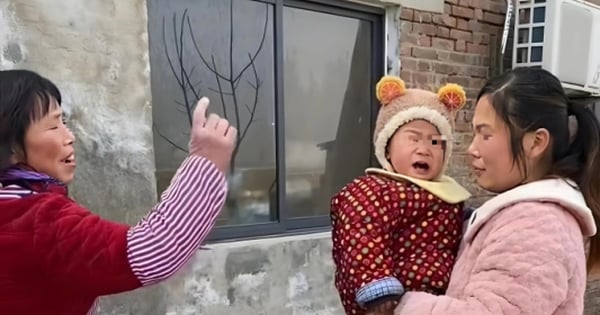



















Comment (0)